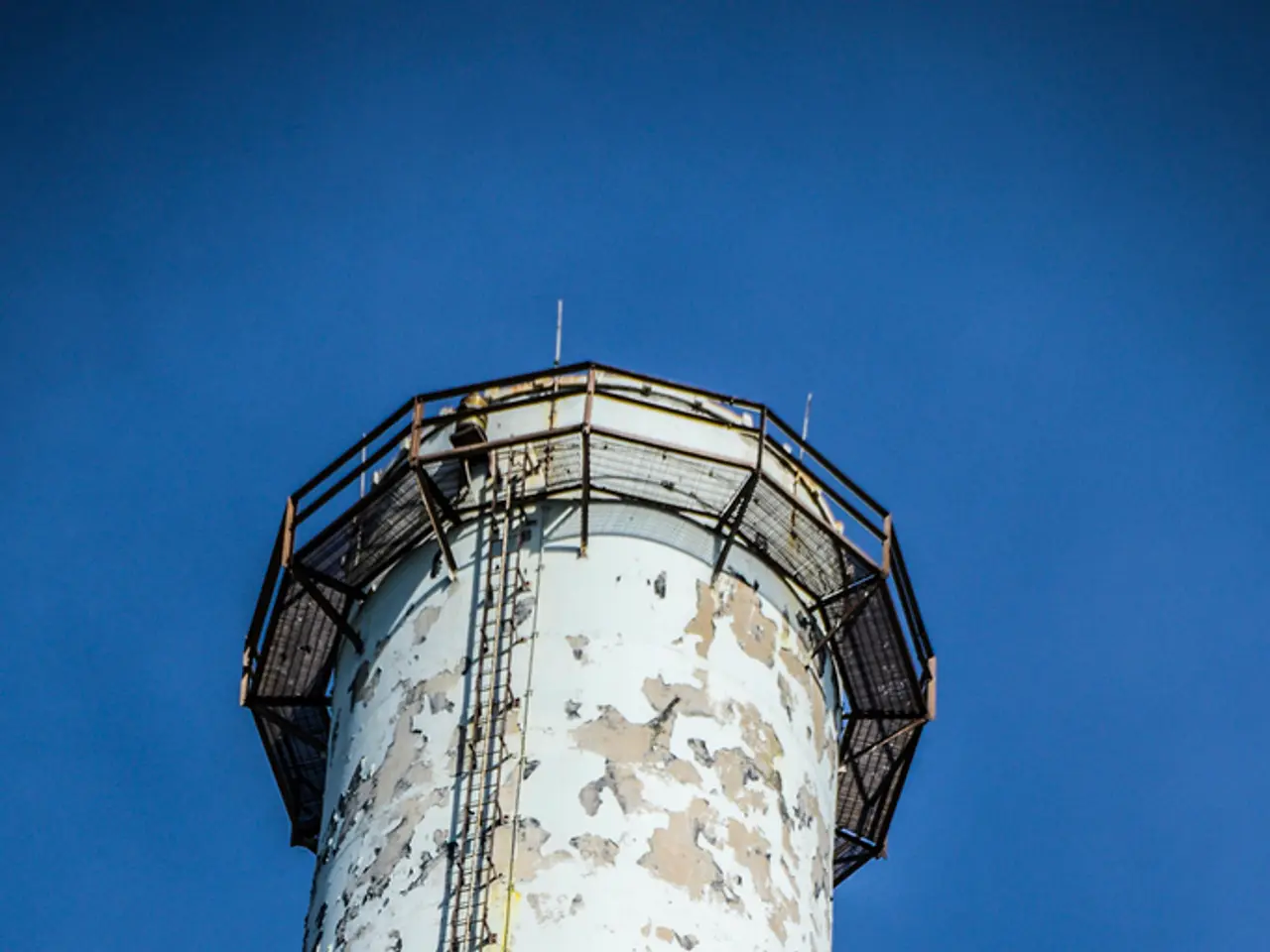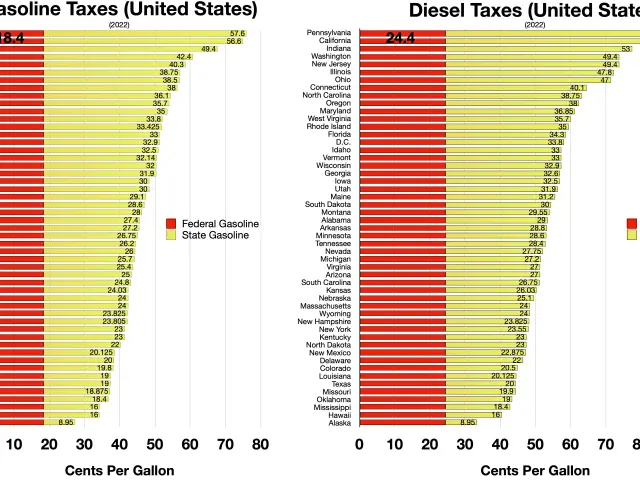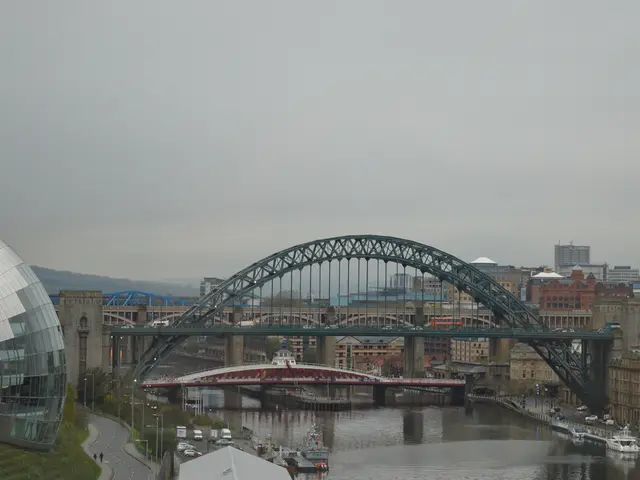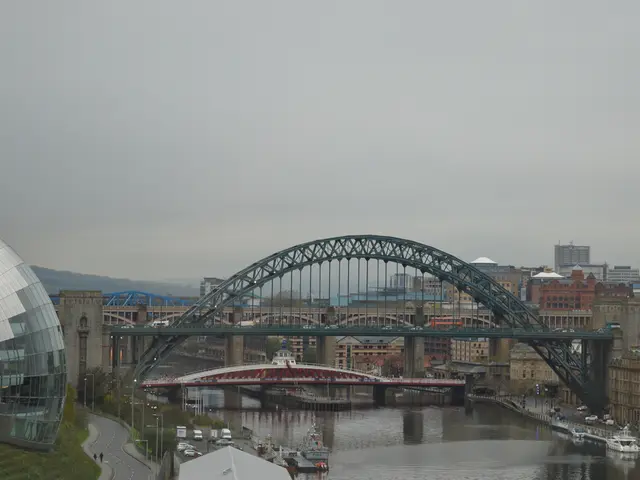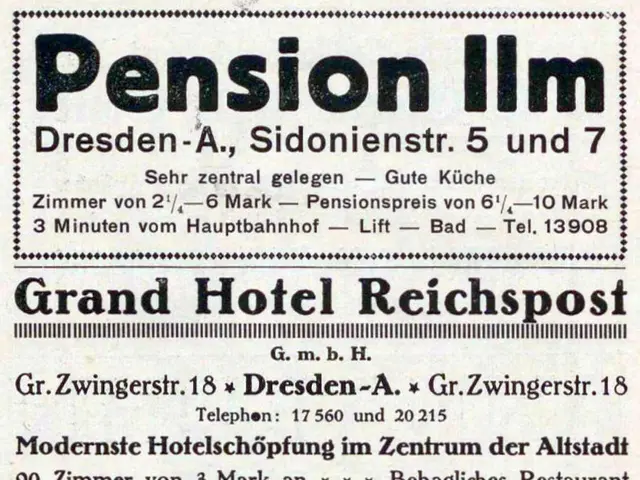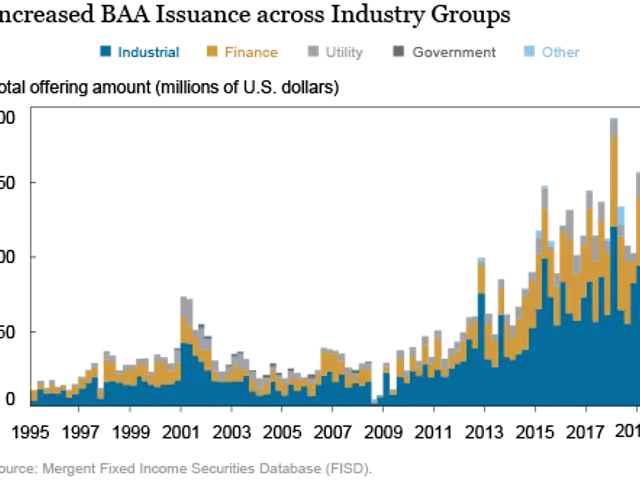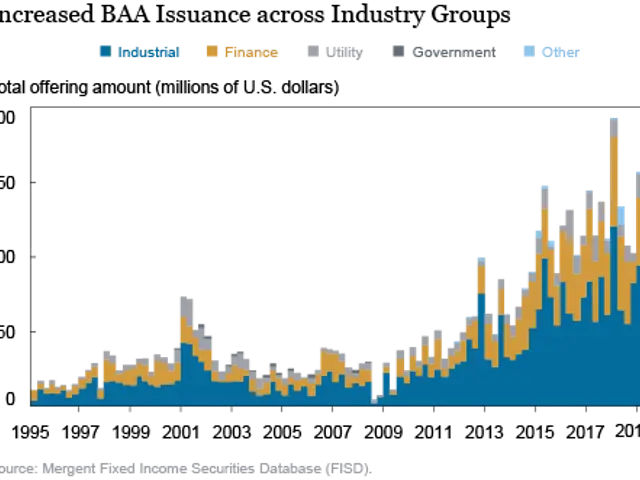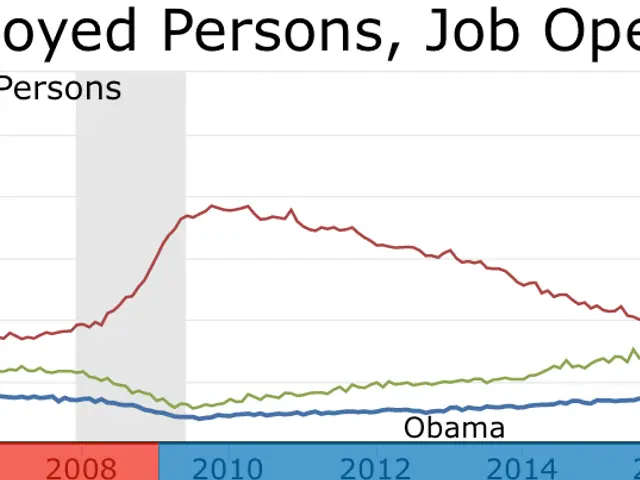Toyota's Hydrogen Revolution at Port of Long Beach Cuts Emissions, Generates Water
Toyota Logistics Services is leading the way in sustainable operations at the Port of Long Beach. The company has partnered with FRERK H2 Energy Technologies to develop a revolutionary system that generates hydrogen, electricity, and water from biogas. This innovative approach not only supports Toyota's operations but also significantly reduces emissions and conserves natural resources.
The system, known as Tri-Gen, is a result of collaboration between FRERK H2 Energy Technologies and fuel cell manufacturers. It produces up to 1,200kg of hydrogen daily, enough to fuel electric cars, and generates approximately 5,300 litres of usable water as a byproduct. This water is used to reduce car wash water demand by around half a million gallons per year.
The combustion-free process is not only efficient but also environmentally friendly. It reduces more than 9,000 tons of carbon dioxide emissions and avoids six tons of nitrogen oxide emissions annually. This aligns perfectly with Toyota's goal to find sustainable solutions for reducing emissions and burden on natural resources at its vehicle processing facilities.
All ro-ro terminals at the Port of Long Beach are preparing to comply with the California Air Resources Board's At Berth Regulation. This regulation requires emissions capture while ro-ro vessels are at berth, starting January 1, 2025. Toyota's initiative with FRERK H2 Energy Technologies is a step towards meeting this requirement.
Toyota's innovative use of the Tri-Gen system at the Port of Long Beach is a testament to the company's commitment to sustainability. By generating renewable hydrogen, electricity, and water, Toyota is not only supporting its operations but also contributing to the port's wider environmental sustainability initiatives, such as the Clean Air Action Plan. This plan aims for a zero-emissions cargo handling equipment fleet by 2030 and all zero-emissions drayage cars by 2035.
